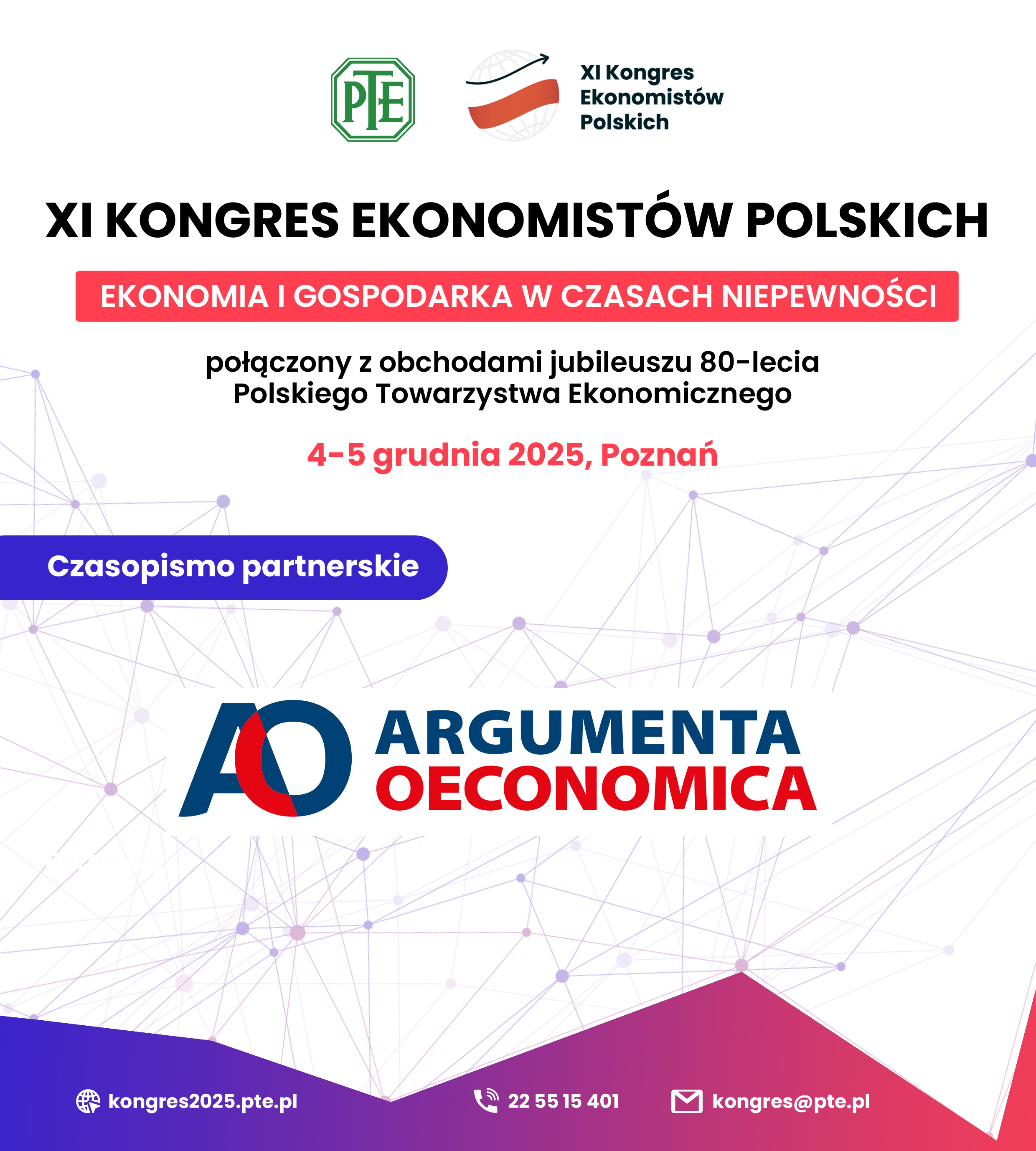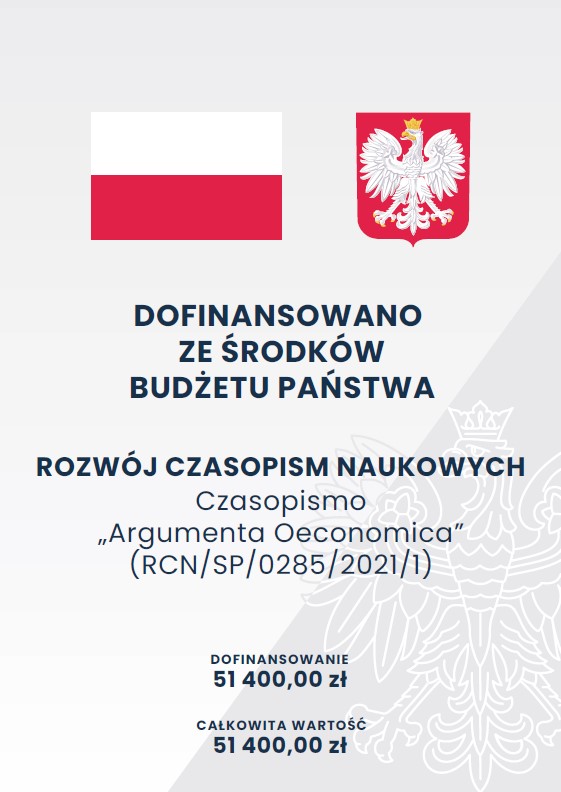A Decomposition of The Total Productivity Factor Into Technical Progress and Technological Efficiency - Methodological Possibilities
Abstract
Total productivity as the basis for measuring economic efficiency is the initial presumption of this paper, and it is derived from the fact that it has a multiple importance of growing productivity, as an expression of production efficiency. The complex phenomenon of total productivity of factors is sometimes approached too simplistically, and even incorrectly. Productivity is treated as an isolated phenomenon, regardless of the numerous and various factors that condition it and the effects it has on other economic categories. The basis of the theoretical-methodological approach proposed in this paper, was the transcendental logarithmic production function (translog), as a clear interdependence between the maximum output vector and the production factor vector. The paper discusses the methodological basis for decomposition of total productivity growth on technical progress and technological efficiency, and a specification of the deterministic marginal production function. Adequate decomposition enables the more precise identification of the causes of lags in productivity growth. The results of the empirical analysis, through appropriate categorisation, are useful in conducting economic policy because they indicate the direction of activities with the aim of increasing total productivity.(original abstract)Downloads
Download data is not yet available.
Downloads
Published
2022-01-30
Issue
Section
Articles
License
Copyright (c) 2022 Nada Trivić

This work is licensed under a Creative Commons Attribution-ShareAlike 4.0 International License.







